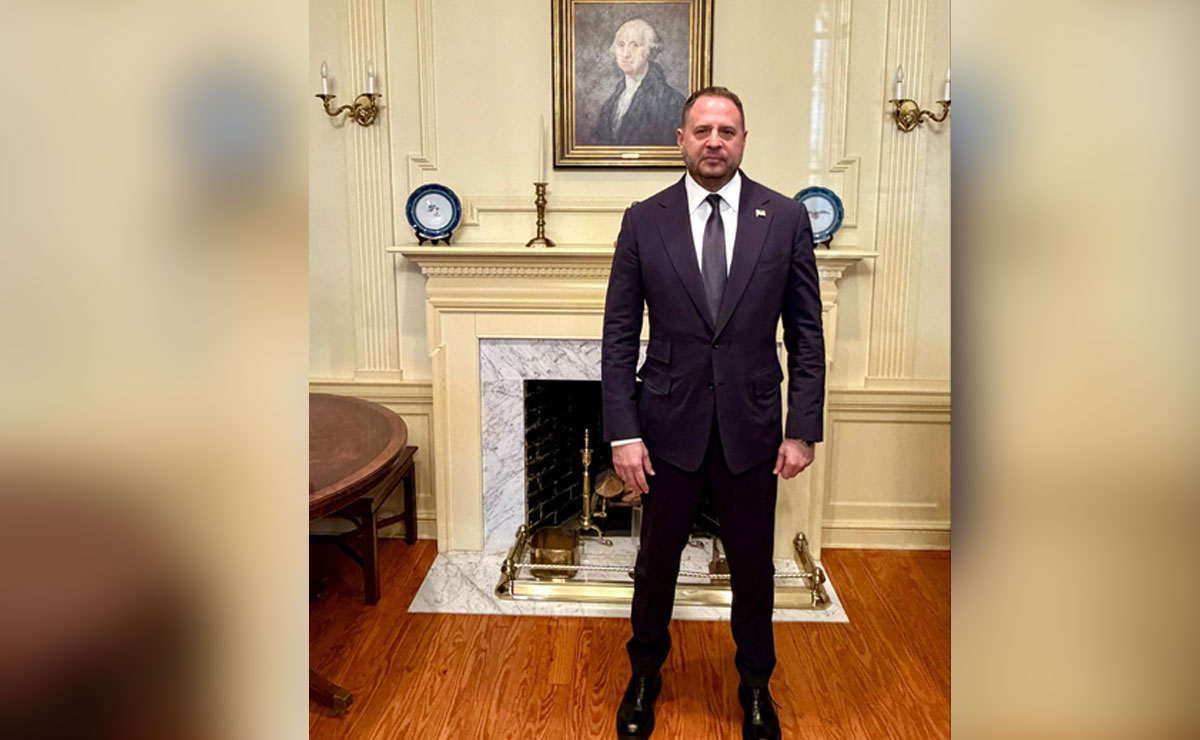Ukraine reports progress in peace plan talks with US
Delegations from Ukraine and the United States made progress during the first session of negotiations over a US-proposed peace plan in Switzerland, head of the Ukrainian Presidential Office Andriy Yermak said.

Kyiv: Delegations from Ukraine and the United States made progress during the first session of negotiations over a US-proposed peace plan in Switzerland, head of the Ukrainian Presidential Office Andriy Yermak said. “We have made very good progress and are moving forward towards a just and lasting peace,” Yermak said on Telegram. He added that the Ukrainian and US delegations will continue working on joint proposals with the involvement of European partners, Xinhua news agency reported. Yermak emphasised that final decisions will be made by Ukrainian President Volodymyr Zelensky and US President Donald Trump.
Earlier in the day, the Ukrainian and US teams started their talks in Geneva to discuss possible parameters of a future peace agreement between Ukraine and Russia. Meanwhile, US Secretary of State Marco Rubio declined to reveal any details of the day’s discussions in Geneva between the United States, Ukraine, and European partners on a 28-point peace plan. At a press briefing on Sunday, at around 6 p.m. local time, both the US and Ukrainian sides confirmed “progress” in their earlier talks about the US-proposed plan to end the Russia-Ukraine conflict.
Also Read: Defense Minister Rajnath Singh to inaugurate Haryana Pavilion in Kurukshetra today
Although they told reporters to wait for updates later in the evening, only Rubio returned to the press two and a half hours later. He said he was not prepared to provide any details on the specific issues under negotiation. Rubio reiterated that the day’s negotiations had been “productive,” adding that he remained “very optimistic” about reaching an agreement within a “very reasonable period of time very soon.”
However, he also noted that “There’s no agreement yet … (some) require higher-level decisions and consultation.” He added that the differences include semantics or language, and there are still issues “need more time to work through.” “The items that remain open are not insurmountable,” he emphasized. He added that some contents involve equities or the role of the European Union or of the North Atlantic Treaty Organization, requiring further discussion with the European partners.
